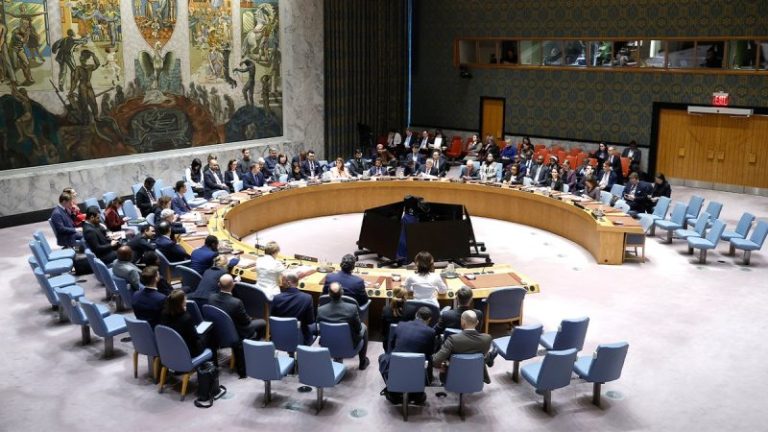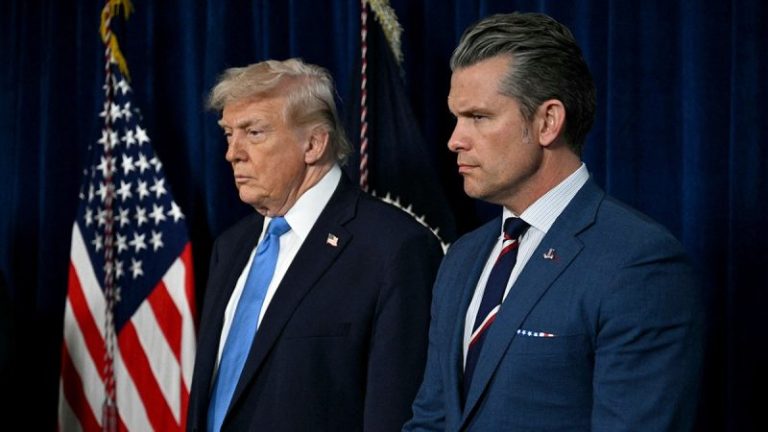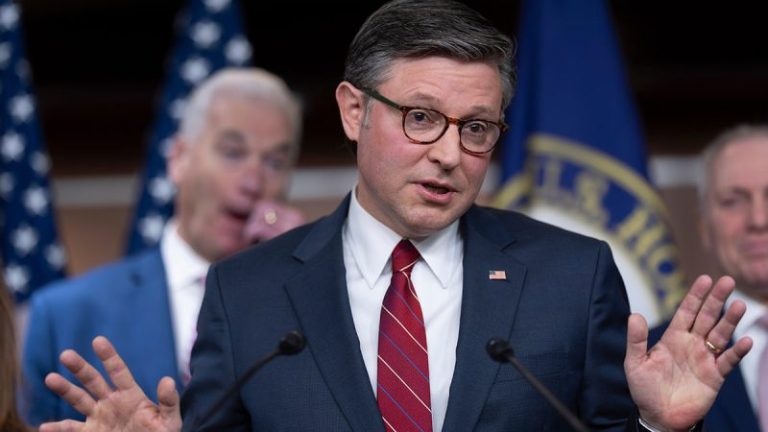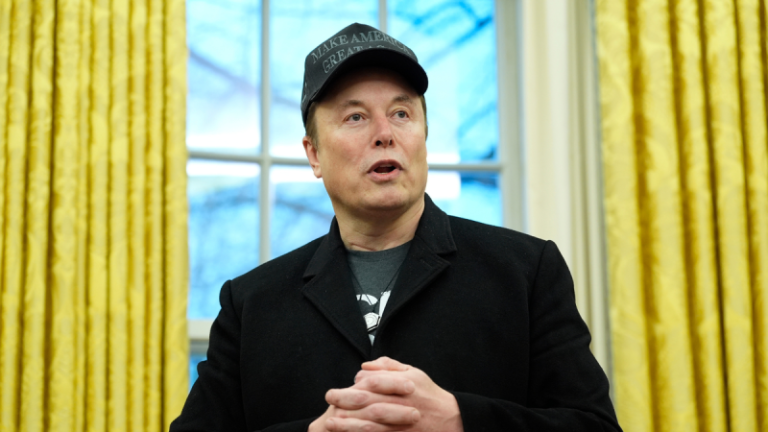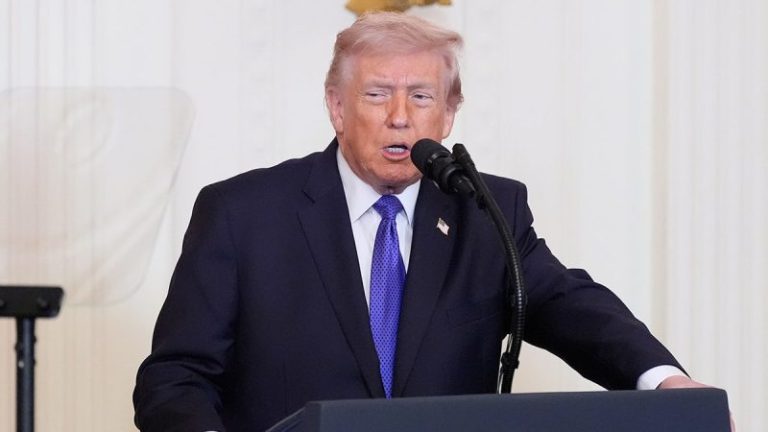The Islamic Republic’s opaque and fractured governing system following the killing of its supreme leader, Ayatollah Ali Khamenei, selected radical cleric Ayatollah Alireza Arafi to its interim leadership council on Saturday.
Ben Sabti, an Iran expert at the Institute of National Security Studies in Israel, said, ‘His name was brought up in the last two or three years. He is not a kind of politician but is part of exporting the revolution from the propaganda side.’ A foundational pillar of the birth of the 1979 Islamic Republic was to export its violent Shiite ideology and foster radical Islamist revolutions across the globe.
‘He’s been marinating in Khomeinist ideology his entire career. Khomeinism is a threat to U.S. interests,’ Jason Brodsky, policy director of United Against Nuclear Iran, told Fox News Digital.
The founder of the Islamic Republic of Iran in 1979, Ayatollah Ruhollah Khomeini’s ‘Death to America’ pledge is a core feature of Khomeinism, according to experts.
According to a UANI report, Arafi has long been agitating against the U.S. and Israel. ‘America will take its wish for Iran to abandon production of military hardware to the grave,’ he is quoted as saying, and in a 2019 Friday prayer sermon he announced, ‘We will stay with our imam and leader to the end, when we humiliate [global] arrogance. Together with the Sayyed of the resistance, we say: Oh great leader of the world of Islam, we will be with you until the end, when the arrogant people in the world are defeated, and Israel is erased.’
Brodsky continued, ‘The fact that Iran’s system elevated Alireza Arafi to membership on the interim leadership council is a signal that he could be a leading candidate to replace Ali Khamenei as supreme leader.
Arafi is also being watched in Washington. In an interview with Fox News Digital on Sunday, Rep. Brian Mast, R-Fla., chairman of the House Foreign Affairs Committee, described Arafi as ”a very hard-line cleric.’
He noted, ‘Arafi has been promoted through the ranks — heading Iran’s seminary, leading Al-Mustafa University, and serving as a member of the Guardian Council and Assembly of Experts. Additionally, he has been Friday prayer leader of Qom, which is the center of the Iranian clergy. This provides him with religious, educational and government experience to replace Khamenei as supreme leader.’
According to UANI, Arafi promised ‘death’ to protesters who knock over the turbans of Iranian Islamic clerics. ‘Those who attack the turbans of the clergy should know that the turban will become their shroud,’ Arafi said.
Brodsky added, ‘Arafi helped make Al-Mustafa University into a training ground and recruiting center for the IRGC [Islamic Revolutionary Guard Corps]. Al-Mustafa University was later sanctioned by the U.S. government under counterterrorism authorities. A weakness in his candidacy to replace Khamenei is that he has never been a core member of the military-security establishment in Iran and has never led a branch of the Islamic Republic’s government apparatus.
‘He is also not a Sayyid. [sign of high respect for people of lineage from the Islamic prophet Muhammad in the Shiite tradition.] But his serving on an interim leadership council will expose him to foreign policy and security issues to a greater extent, and position him as a formidable contender. Alireza Arafi is an indoctrinated follower of Khomeinism and spearheaded an effort to further Islamize Iran’s university and seminary system,’ he said.
According to Iran Wire, an independent Iranian diaspora news outlet, ‘Alireza Arafi is a prominent hardline cleric, a member of the Guardian Council and the head of Iran’s seminaries, positions that place him at the center of the country’s religious establishment. His selection matters because the third member of the Temporary Leadership Council must be a theologian chosen by the Expediency Discernment Council — and Arafi is widely seen as a staunch loyalist to the core ideology of the Islamic Republic.’
Mardo Soghom, a veteran journalist and Iran expert, told Fox News Digital, ‘What I can say at this point is that there is no unified government with sufficient control over the country. The foreign minister admits the IRGC is on its own. Arafi would never have the authority or the control Khamenei had. It is a compromise candidate whom the IRGC can control and is not a threat to two factions.’
Mariam Memarsadeghi, senior fellow at the Macdonald-Laurier Institute and founder and director of the Cyrus Forum for Iran’s Future, told Fox News Digital, ‘The regime or what remains of it is no different from a terrorist group. Now that the U.S. and Israel are bombing the U.S. and Israel, every leader the terror group chooses will be rightly eliminated. The Iranian people are elated. All decent human beings who believe in freedom should be elated.’


